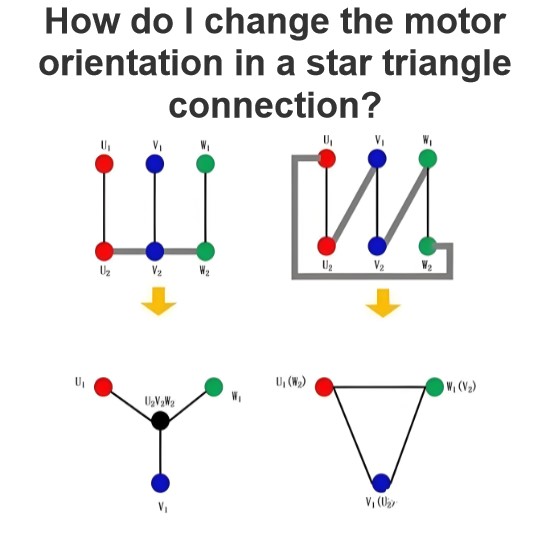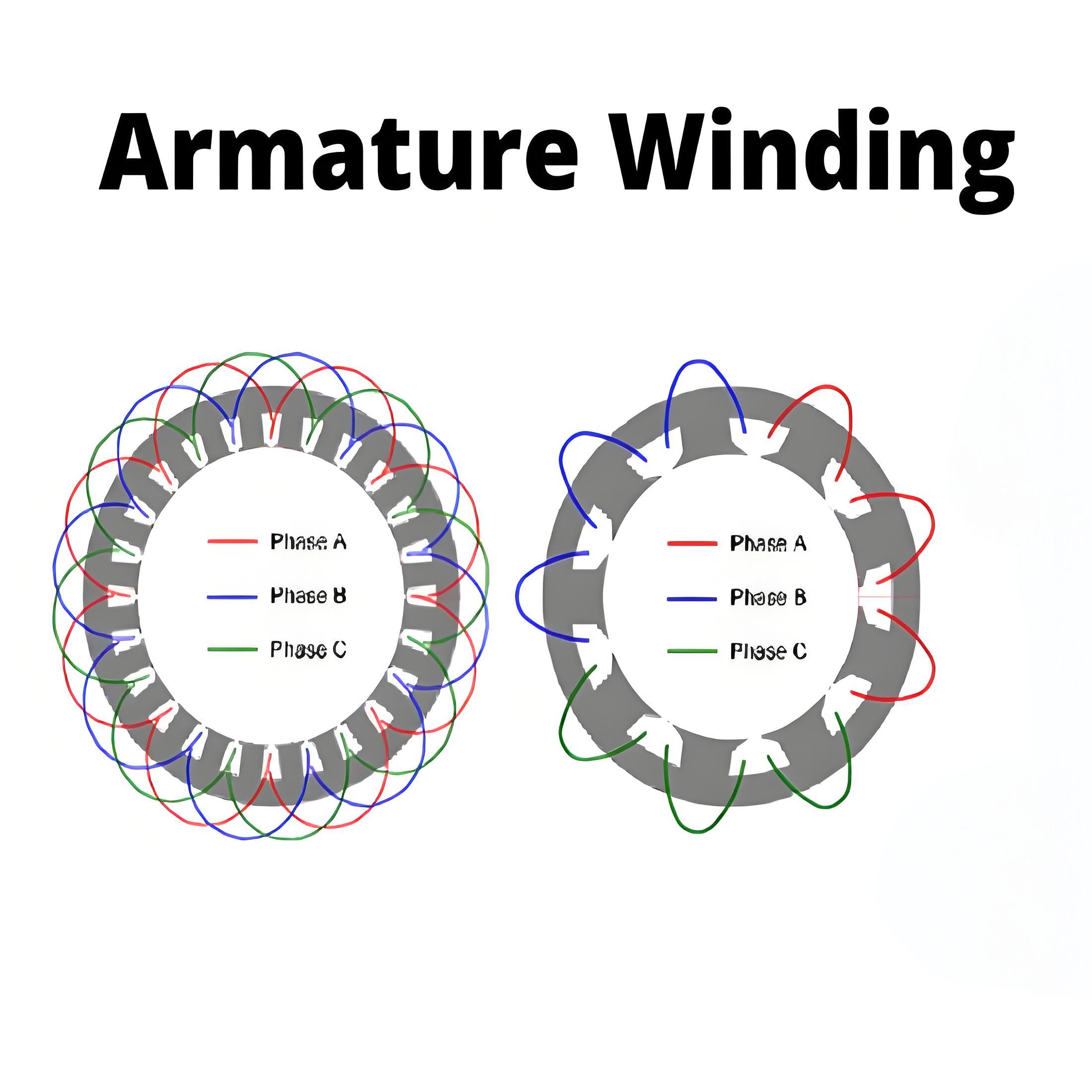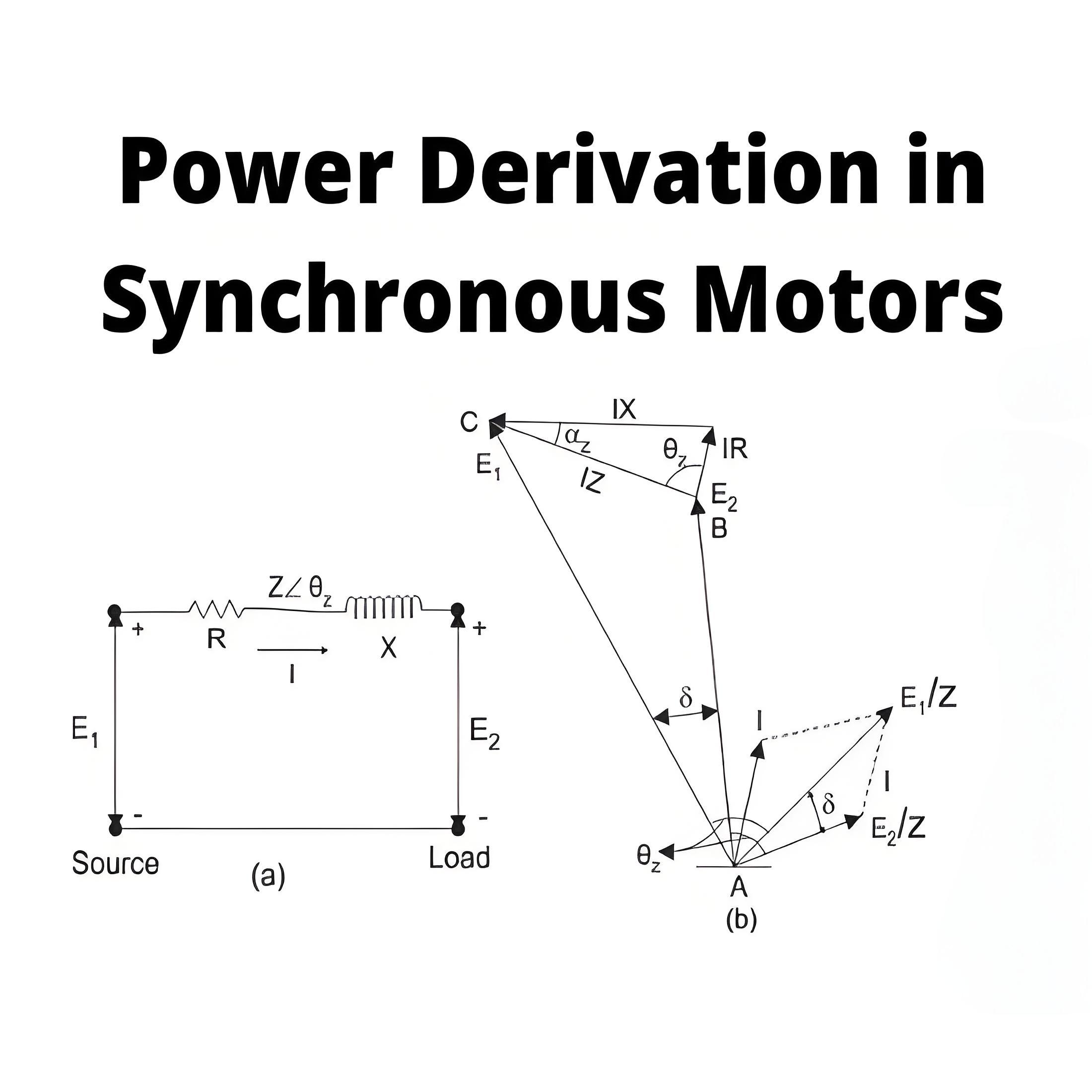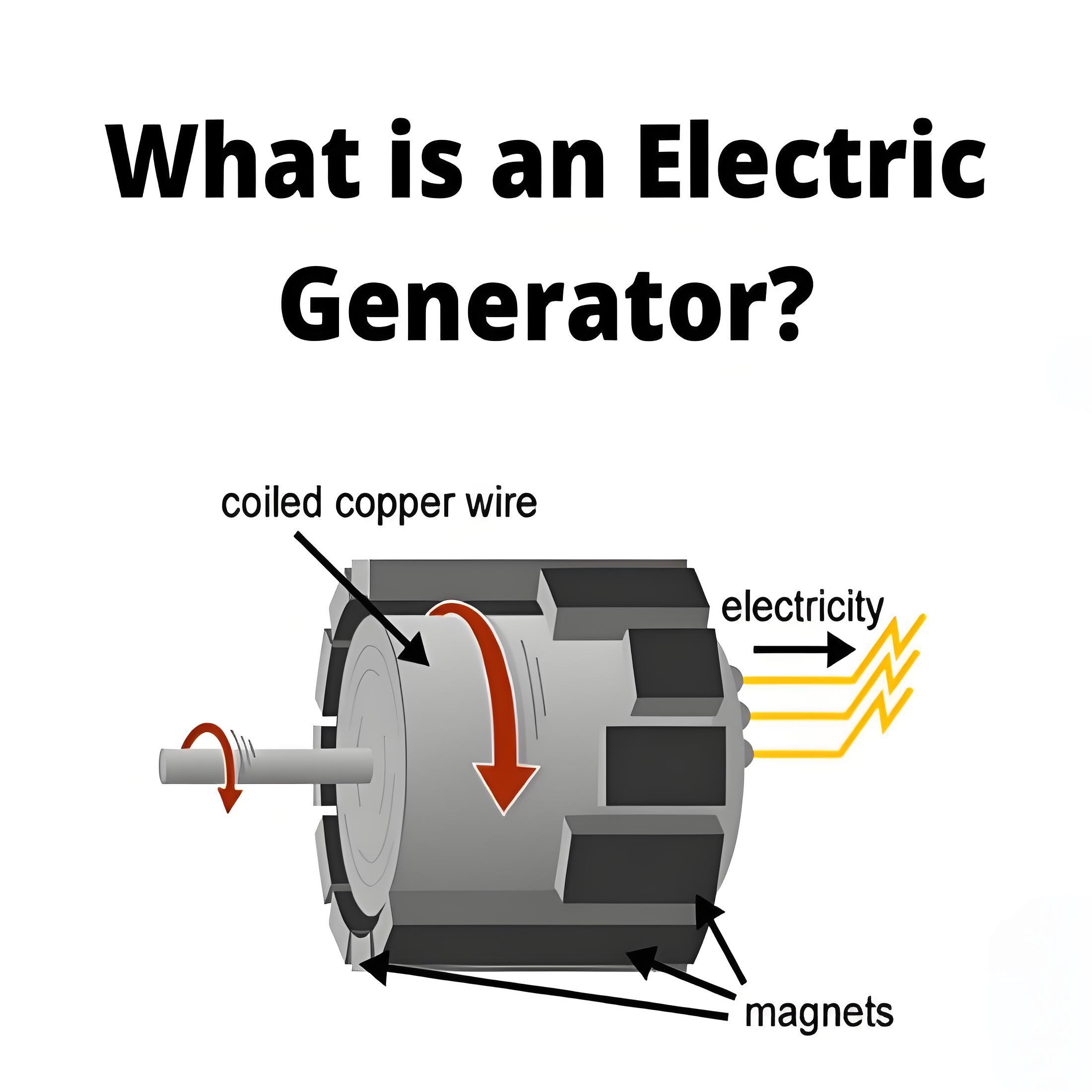What are the Advantages and Disadvantages of Induction Motor?
What are the Advantages and Disadvantages of Induction Motor?
Induction Motor Definition
An induction motor is defined as an electric motor that operates on alternating current (AC) and uses electromagnetic induction to generate motion.
Simple Construction
Induction motors have a simple and robust construction, making them reliable and low maintenance.
Advantages of Induction Motors
Simple structure and easy maintenance
Environmentally resistant, robust and mechanically strong
Low cost of motor
It does not produce sparks and can be used safely under dangerous conditions
Three-phase induction motor has high starting torque, good speed regulation and reasonable overload capacity
Induction motor efficiency is high, full load efficiency range of 85% to 97%
Disadvantages of Induction Motors
The single-phase induction motor has no self-starting torque and requires auxiliary equipment to start the single-phase motor
The speed control of induction motor is very difficult to achieve
The high input surge current of the induction motor causes the voltage to drop when starting the motor
Due to the difference in starting torque, the motor cannot be used in applications requiring high starting torque
Efficiency Range
Induction motors are highly efficient, with efficiency rates ranging from 85% to 97%.
The Electricity Encyclopedia is dedicated to accelerating the dissemination and application of electricity knowledge and adding impetus to the development and innovation of the electricity industry.













